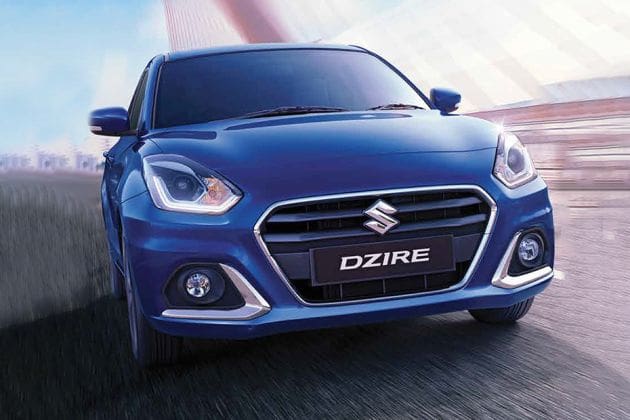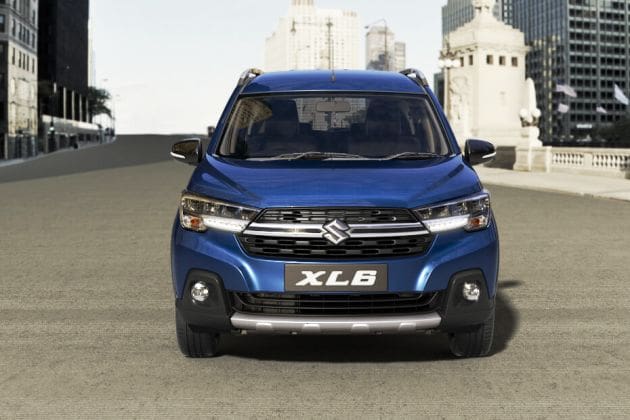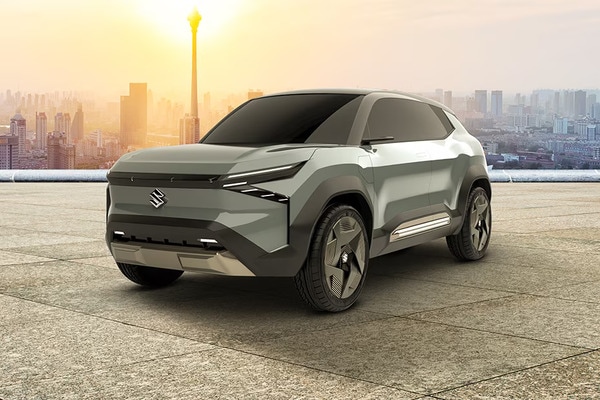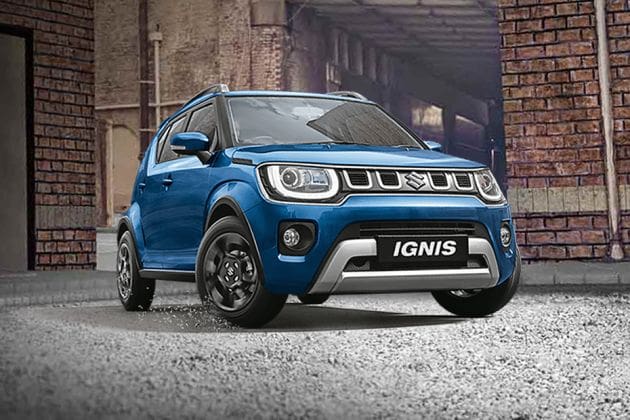Keeping close eye on cost structure amid rising commodity prices: Maruti Suzuki
- Maruti Suzuki had hiked prices of its vehicles in January, but is however not planning to pass on the burden to consumers in the near future.


Increasing commodity prices, specially those of rhodium and palladium, which are used in catalysers to meet strict emission norms, are putting cost pressure on automobile makers, according to a senior official of Maruti Suzuki India.
The company, which had hiked prices of its vehicles in January, however is not planning to pass on the burden to consumers in the near future although it is keeping a close eye on its cost structure.
Also check these Vehicles
With the supply of semiconductors becoming a challenge for the automotive industry, Maruti Suzuki is also watching the situation closely although it will have normal supply this month.
"In commodities, prices have gone up dramatically this year, especially that of steel, and rhodium and palladium, which are used in catalysers of BS 6 vehicles.
"Demand across the world has gone up but its mining happens only in Russia and South Africa. There, the mining was much lesser because of the pandemic," Maruti Suzuki India Executive Director (Marketing & Sales) Shashank Srivastava told PTI.
Also Read : Maruti Nexa hits 1.31 million units in sales in five years since launch
Supply was less and global demand is very high because all Euro VI, BS 6 and China VI vehicles require catalysers, he said adding, "so, the demand has gone up, whereas supply is constant and 80 per cent of demand for rhodium and palladium comes from the auto industry."
When asked if the issue is as critical as that of semiconductor, he said, "for rhodium and palladium, supply is not an issue but price is a problem but in semiconductor supply is a problem."
Commenting on Maruti Suzuki's position with regards to semiconductor supplies, Srivastava said, "right now for semiconductors we don't have an issue. January was normal for us. February seems to be normal but there is a major semiconductor shortage in the auto industry. So, we are watching the situation very carefully. Right now we are not affected."
Also Read : Maruti Suzuki True Value sells four million pre-owned vehicles since inception
On whether the company plans to pass on the burden of increased rhodium and palladium prices to consumers, Srivastava replied in the negative stating the company had hiked vehicle prices in January because of increase in commodity prices.
"In fact all OEMs have increased prices largely because of the increase in commodity prices. We keep watching the cost structure, how the costs are evolving and take decisions accordingly... Now we have to draw a fine line. We have to take care of the demand. We cannot increase prices randomly," he added.
Stating that the auto industry is just recovering from the coronavirus pandemic and "things are just getting sort of normal", Srivastava reiterated, "We are still way off from the previous highs, 33 per cent off from the highs of 2018-19."
He, however, said it is difficult to predict how long it could take for the Indian auto industry to reach the peak levels as a lot would depend on how the economy grows and how the sentiments improve.
"Since it is a discretionary purchase, sentiment is very important. Sentiments can have a disproportionate effect on sales. During Covid times sentiments were not good and it had a negative effect on sales," he said.
Right now it looks like sentiment is getting better, Srivastava said, however adding that the Covid situation would also have a bearing as it cannot be predicted whether or not India will have a similar situation like Europe and the UK, where there have been second and third waves of the pandemic.








 998 cc
998 cc Petrol
Petrol



 60 kWh
60 kWh 550 Km
550 Km















